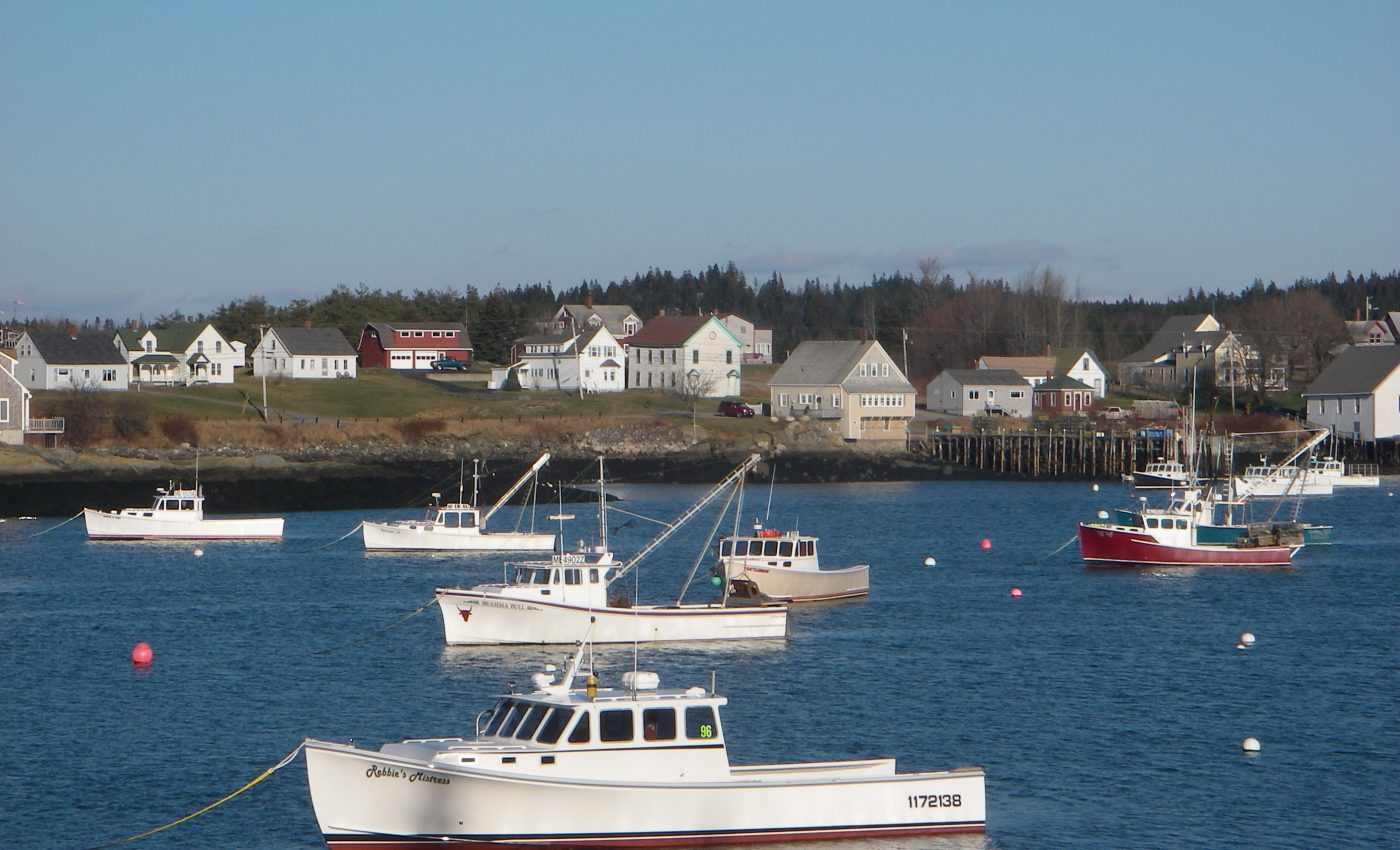
Many fishing communities on the east coast face fewer fishing options
Fishing communities along the eastern coast of the U.S. from North Carolina to Maine will be left with fewer fishing options under changing climate conditions. According to a new study, certain areas of Maine are facing the highest risk of losing some commercial fish species.
Study senior author Malin Pinsky, an associate professor at Rutgers University, said that fishing has been the economic and cultural lifeblood for many coastal towns and cities along the Northeast coast for up to hundreds of years. However, climate change will continue to impact the distribution, abundance, and diversity of marine species worldwide.
The study was focused on how climate change could affect the fishing opportunities for 85 communities in New England and the Mid-Atlantic. Based on 13 global climate models, the researchers predicted how ocean temperatures will change to determine where important fish species will potentially move.
The habitat for 24 of the 33 fish species studied was projected to improve in some regions and deteriorate in others over the next two to three decades. For example, the monkfish habitat will expand in the Gulf of Maine while becoming less suitable throughout the Mid-Atlantic Bight.
The study also revealed that 64 out of 85 communities will face fewer fish resources due to changes in habitat by 2050. In Maine, for example, small trawlers are highly threatened due to their dependence on other species that will lose suitable habitats like Atlantic cod and witch flounder.
“Some communities like Portland, Maine, are on track to lose out, while others like Mattituck, New York, or Sandwich, Massachusetts, may do better as waters warm,” explained Professor Pinsky. “Adapting to climate change for many communities will require fundamentally new approaches to fishing. Change has become the new normal.”
The study is published in the journal Nature Climate Change.
—
By Chrissy Sexton, Earth.com Staff Writer
Paid for by Earth.com
Image Credit: Malin Pinsky/Rutgers University-New Brunswick













